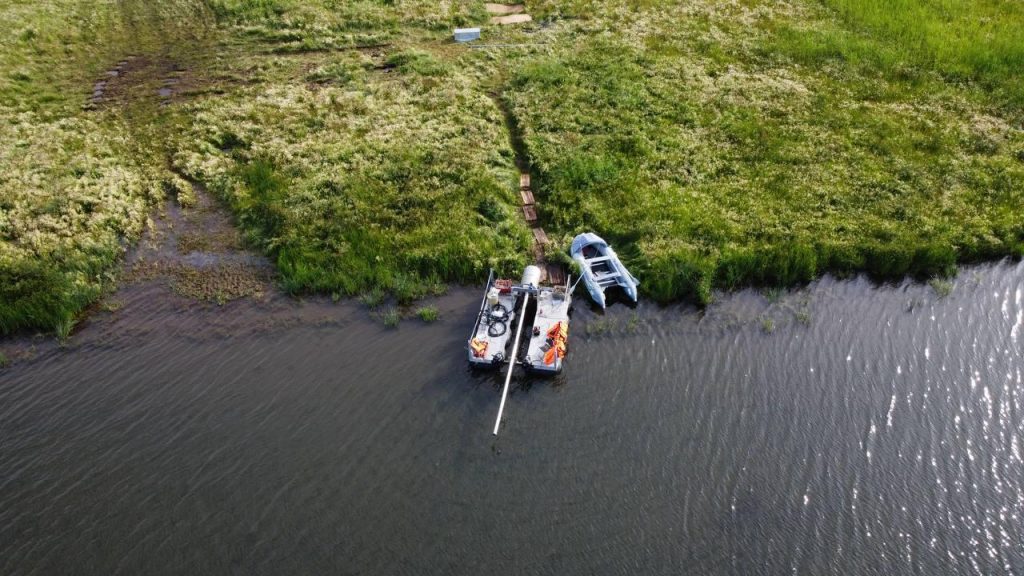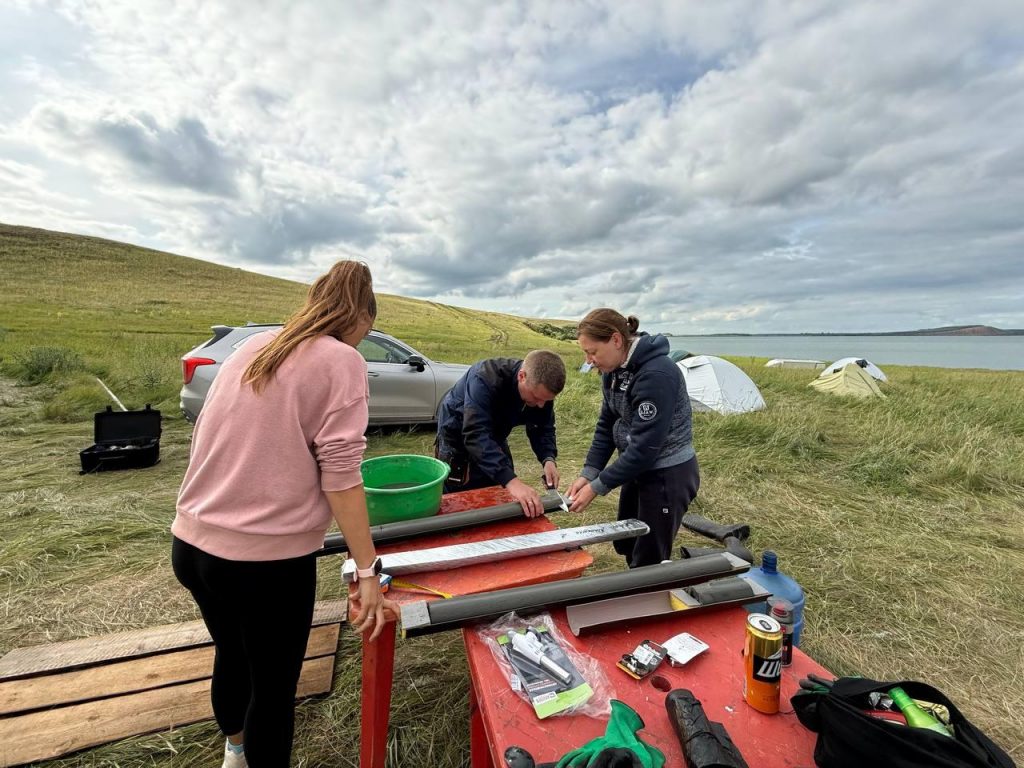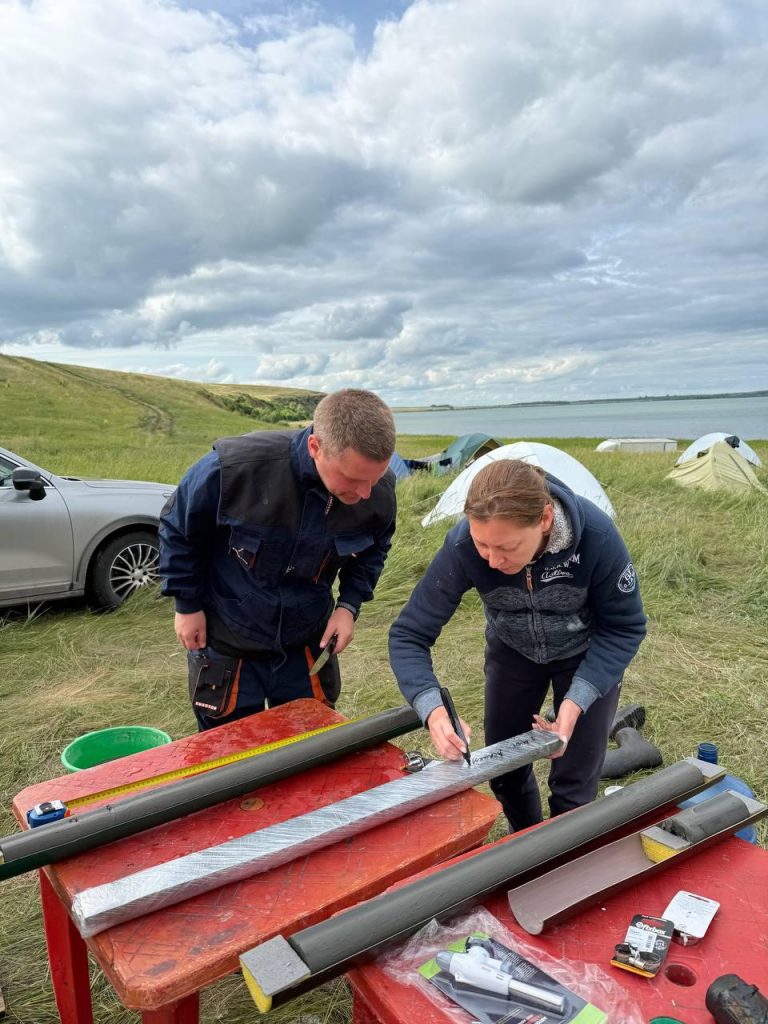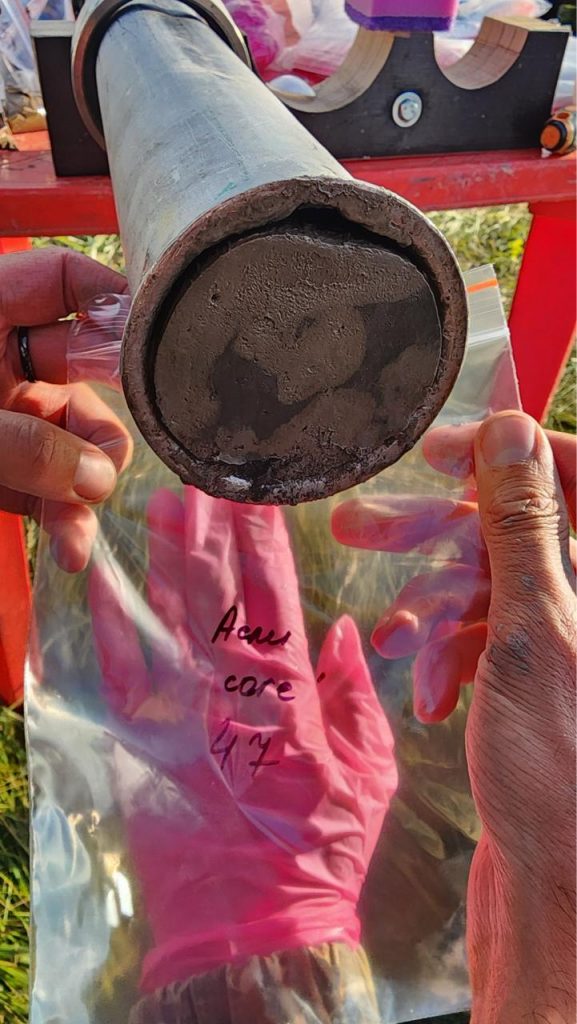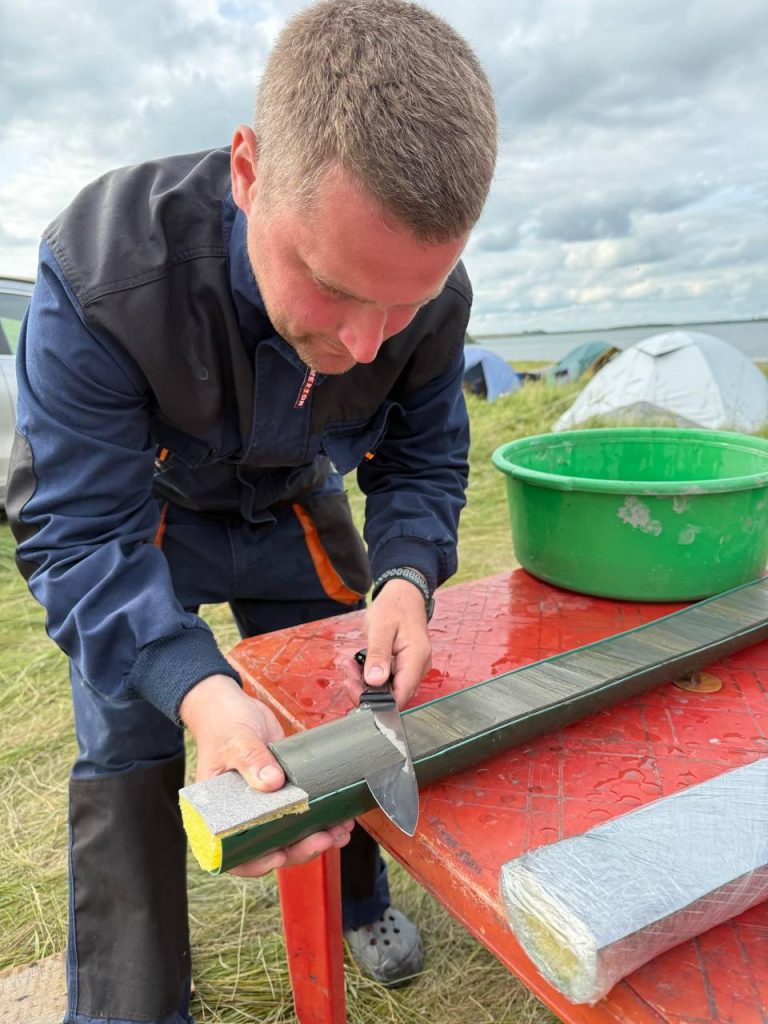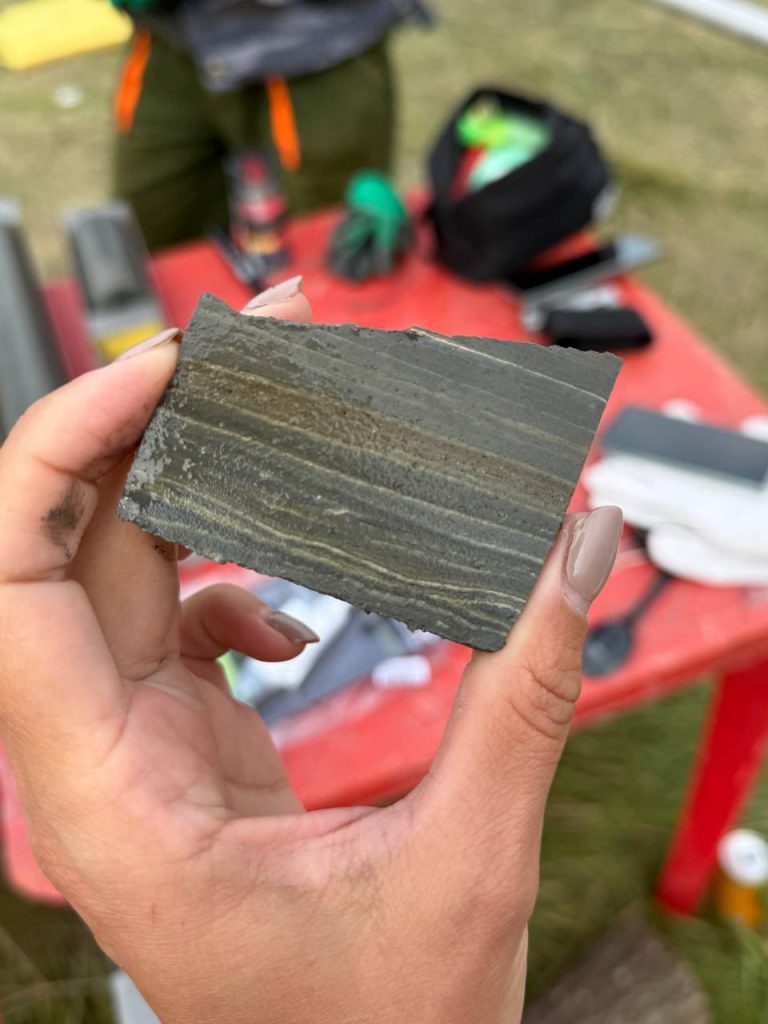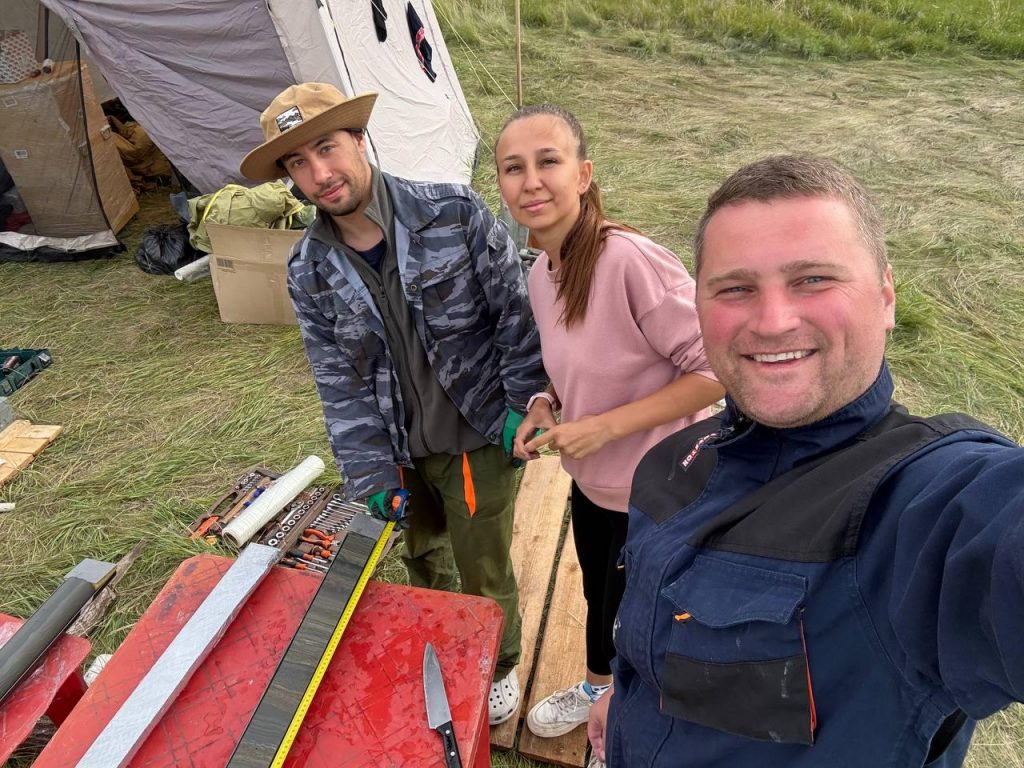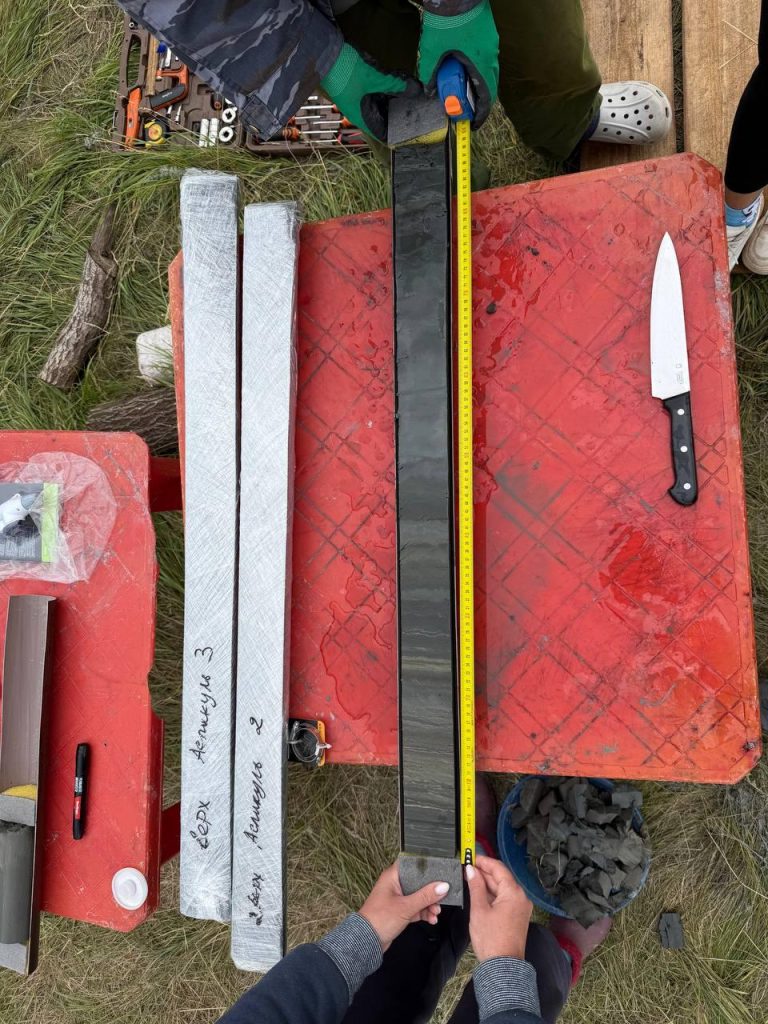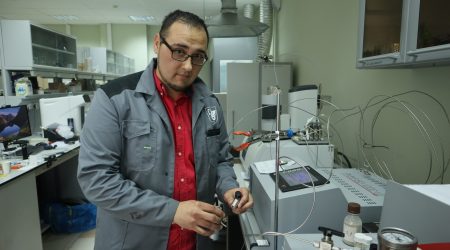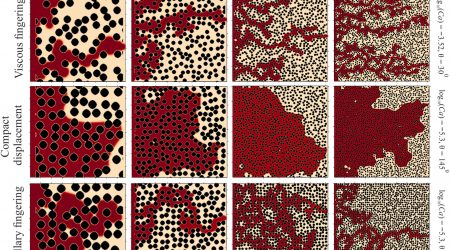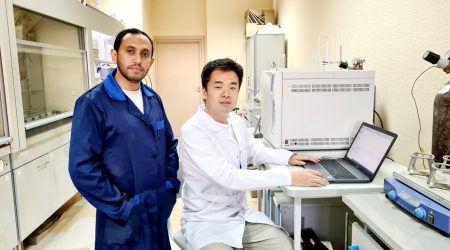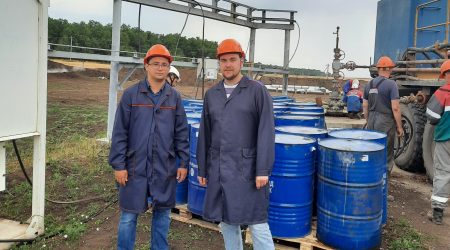KFU scientists conduct field research at Aslikul lake in Bashkortostan

The team held seismic acoustics tests and collected benthic sediments to reconstruct historical climate patterns and improve climate predictions for this area.
Deputy Director for Research of the Institute of Geology and Petroleum Technologies Pavel Krylov shares, “We are funded by the megagrant Global climate challenges in Russia: retrospective analysis, forecasting and adaptation mechanisms, where our partners are several institutes of the Russian Academy of Sciences. The data is going to help reconstruct the natural history of the area in the last millennia and assess current geodynamics.”
Senior Research Associate of the Laboratory of Paleoclimatology, Paleoecology and Paleomagnetism Lina Kosareva says that lakes are priceless archives of climate data for many millennia, “Benthic sediments reflect the changes on local, regional and global levels.”
The scholars used unique equipment to extract four-meter-long core columns. Kosareva explains, “We conducted seismic acoustics profiling at a length of 16 kilometers to find the best places for core drilling. We collected four core columns and received about 560 samples. Further testing is going to be held by us and the Institute of Geography of the Russian Academy of Sciences.”
Lithological, geochemical, isotopic, petrophysical, paleomagnetic, micriobiological, paleobiological and other methods are to be used to test the core samples.
The research is going to help understand past climate change and create climate dynamics models for the region.
